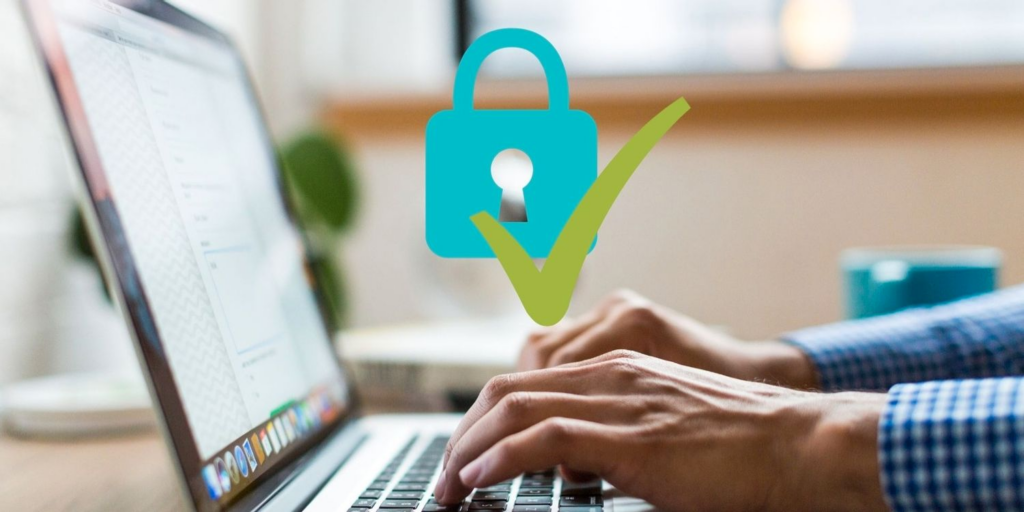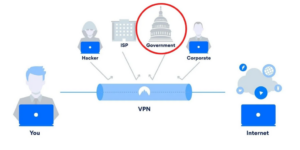3 Great Alternatives to Using a VPN

3 Great Alternatives to Using a VPN
Do you want to visit region-restricted websites or watch restricted videos? You want to improve your privacy and security. You don’t have to rely solely on VPNs… Let’s find Alternatives to Using a VPN.
Virtual Private Networks (VPNs) are probably something you’ve heard a lot about (VPN). A VPN is ideal for users who want to improve their browsing security; by concealing their IP address and encrypting their device’s connection to a Wi-Fi network. It’s also useful for getting access to movies and TV series on major streaming services that you wouldn’t otherwise have access to, as well as other geo-restricted websites.
VPNs, however, are not without flaws. They may provide inconsistent connections, prohibit you from accessing specific websites, and even sell your data to third parties.
So, what are the most cost-efficient and effective VPN alternatives?
1. Smart DNS

SmartDNS is an excellent tool that enables you to visit sites that are normally geo-restricted in your area. This service uses your Domain Name Server (DNS) and works in the same way as a proxy server, redirecting your internet traffic through a remote server so that your IP address and location cannot be determined.
SmartDNS, on the other hand, does not reroute all of your internet traffic, like a proxy server would. It usually redirects your DNS queries to its remote servers. A DNS query is a request from a user’s device to a server for information. SmartDNS, unlike proxies, does not conceal your IP address.
So, in practice, what does this mean? SmartDNS, in essence, can modify the location of your device so that you may access geo-restricted content.
SmartDNS can provide a significantly faster connection speed than a VPN because it does not use encryption. This is fantastic for streaming videos, gaming, or doing business online without having to wait for things to lag.
SmartDNS can also help you avoid being blocked by specific websites. Many websites trace your IP address back to the VPN’s server and then block your access because you are masking your IP address. As a result, you may be unable to view certain material when connected to a VPN. You can get around this problem with SmartDNS.
However, it’s important to remember that this isn’t the ideal answer for people trying to improve their online security. SmartDNS does not mask or encrypt your IP address or data. It’s a terrific solution for people who only want to access geo-restricted sites and material, but it’s not ideal for people who want to improve their security and privacy.
2. Zero Trust Network Access (ZTNA)

Zero Trust Network Access, or ZTNA, entails offering network-brokered access to data and applications. These are focused on security and privacy, with users being required to authenticate their identity or job in order to access information and applications.
This type of technology, which operates on a zero-trust concept, essentially delivers the basic functions of a VPN. ZTNAs are more appropriate for larger organizations with a high number of users, as they restrict fraudsters from entering a whole network because their verification is limited to what their verification allows them to access.
So, if an attacker has already gained access to a network, zero-trust security implies they must overcome additional barriers before they can access other regions.
When someone uses ZTNA, their IP address is masked behind an encrypted tunnel, just like when they use a VPN.
3. A Proxy Server

Proxy servers were the primary technique for internet users to mask their IP addresses and stay safe online before to the widespread adoption of VPNs.
Proxy servers operate as middlemen or gateways between you and the internet. The server has its own IP address, which it uses to receive internet traffic. So, if someone tries to find your IP address while you’re using this intermediary, they’ll only be able to find the proxy server’s address. Proxies are comparable to VPNs in this regard.
However, there are some significant differences between proxies and VPNs. For starters, unlike a VPN, proxy servers do not secure your internet connection.
Second, VPNs run at the operating system (OS) level, whereas proxies operate at the application level. This means that VPNs encrypt the traffic of every internet-connected application you use, whereas proxies do not.
Proxies are therefore ideal for low-risk situations such as accessing geo-restricted web sites and content. They are, however, not the ideal solution for delivering a highly secure manner of web browsing.
Furthermore, the cache data used by proxies allows them to remember sensitive information, such as passwords, thus this is another crucial component to consider, for better or worse.
However, unlike most trustworthy VPNs, which almost usually charge customers a monthly fee, the majority of proxy servers are completely free to use. Of course, there are offers on VPNs, but they frequently require you to commit to extremely long-term contracts.
Proxy servers are a wonderful alternative to VPNs if you want to mask your IP address without paying for it and access sites that are otherwise restricted in your country of residency.
However, some people prefer to use private proxy servers, which do come at a cost. Public proxies can be vulnerable to cyberattacks, resulting in poor connection speed during peak times when a large number of people attempt to utilize the proxy server. Depending on what you want to accomplish using a proxy, a private server may be a better option.
Right now, there is a wide variety of proxy servers to pick from, including Bright Data, Oxylabs, and Scraper API. Check the reviews before you start using one, as there are a lot of proxies out there that don’t do their job and cause bad connection performance.
VPNs are helpful, but they are not the only option
While we can all agree that VPNs have their uses in a variety of situations, they are not the sole choice for accessing geo-restricted content, masking your IP address, and boosting security. The solutions listed above provide comparable benefits, and often at a reduced or non-existent cost!
Before you spend a lot of money on a VPN subscription in the long run, take a look at these options.


